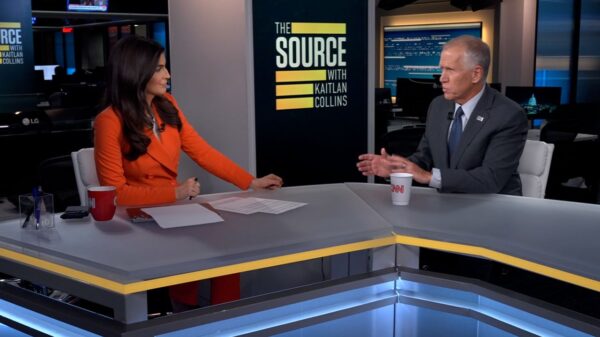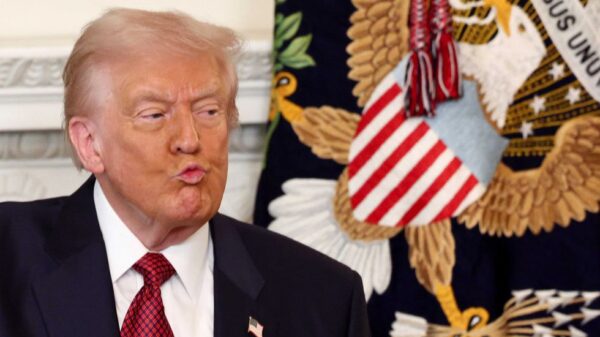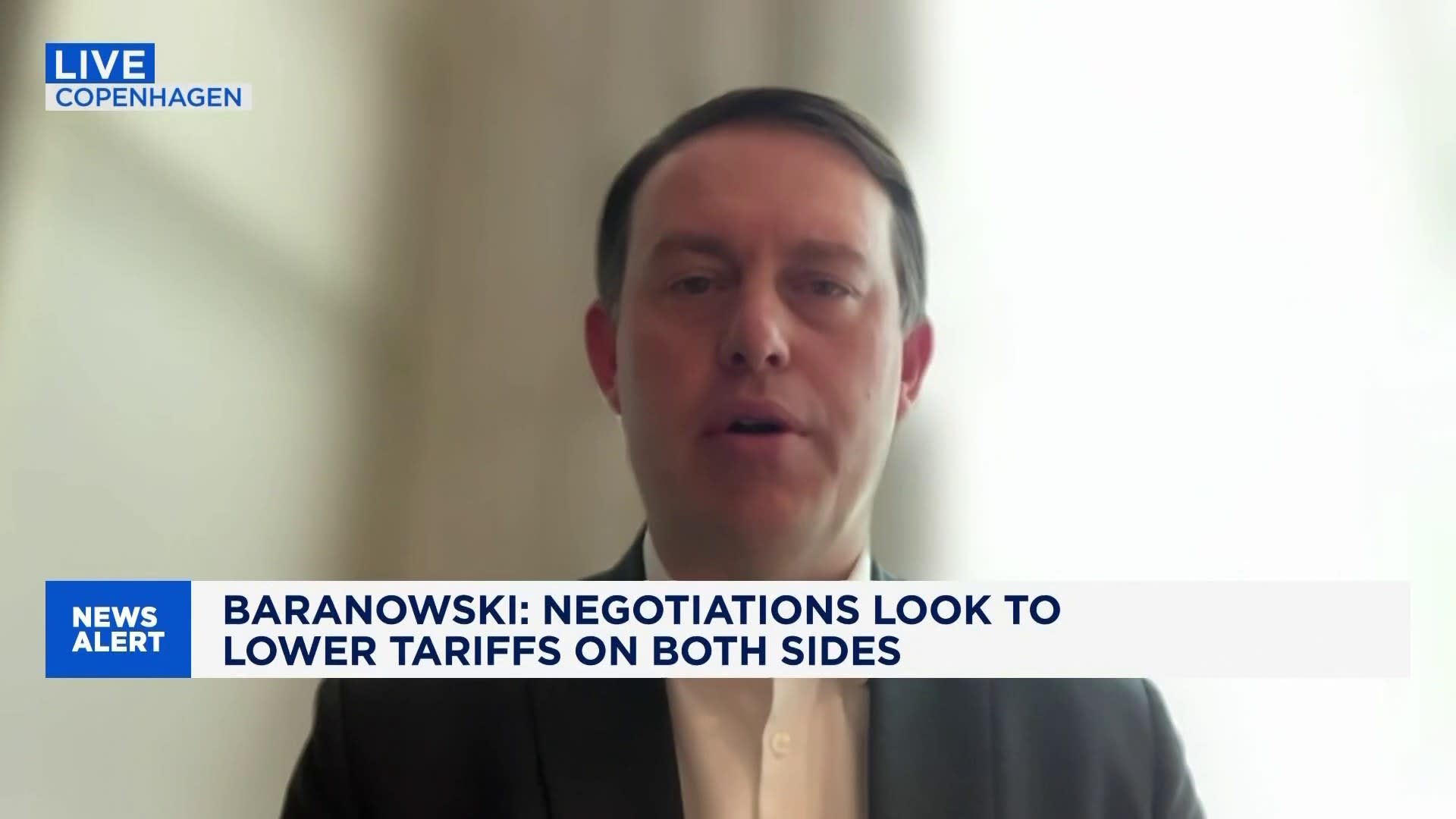Poland’s Undersecretary of State, Michal Baranowski, has detailed the European Union’s comprehensive four-part strategy aimed at navigating ongoing trade discussions with the United States. This announcement comes as both sides seek to address critical economic issues that impact their respective markets.
Baranowski, speaking at a conference in Warsaw on October 10, 2023, emphasized the significance of a unified EU approach in these negotiations. He stated that the strategy is designed not only to enhance trade relations but also to ensure that both parties benefit economically. The four components of the strategy include regulatory alignment, sustainable trade practices, digital economy cooperation, and strengthening supply chain resilience.
Components of the Trade Strategy
The first element, regulatory alignment, focuses on harmonizing standards and regulations between the EU and the U.S. Baranowski highlighted that this alignment will facilitate smoother cross-border trade and reduce barriers for businesses operating in both regions.
Sustainable trade practices form the second component of the strategy. The EU aims to incorporate environmental considerations into trade agreements, reflecting a growing global emphasis on sustainability. “We must ensure that our trade policies support environmental goals,” Baranowski remarked, underscoring the EU’s commitment to green initiatives.
Next, the digital economy cooperation seeks to address the rapid advancements in technology and digital trade. Baranowski noted that as economies become increasingly interconnected through technology, it is essential for the EU and U.S. to collaborate on digital regulations and standards. This cooperation will facilitate innovation and protect consumers in the digital landscape.
Finally, strengthening supply chain resilience is vital for both regions, especially in the wake of disruptions caused by the COVID-19 pandemic. Baranowski pointed out that diversifying supply sources and improving infrastructure are key to enhancing the robustness of supply chains.
Impact on Global Trade Relations
Baranowski’s presentation comes at a crucial time for international trade, with many economies still recovering from the pandemic’s effects. The EU’s proactive strategy aims to position it as a leader in establishing fair and equitable trade practices.
The discussions with the United States also reflect broader geopolitical dynamics, where economic cooperation is increasingly seen as vital for maintaining stability and fostering mutual growth. The EU’s initiative could pave the way for a more integrated approach to global trade, influencing future negotiations with other significant economies.
In conclusion, the EU’s four-part strategy, articulated by Michal Baranowski, represents a calculated effort to enhance trade relations with the U.S. while addressing contemporary economic challenges. As these discussions progress, the outcomes will likely have far-reaching implications for global trade frameworks and partnerships.





































































